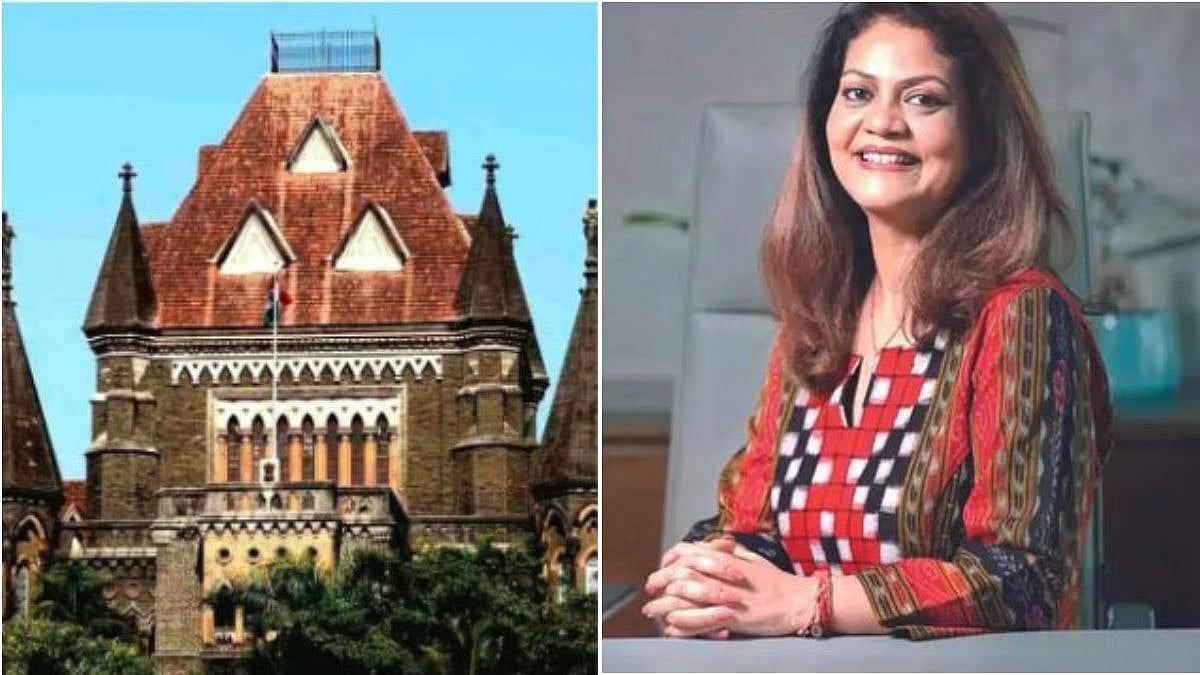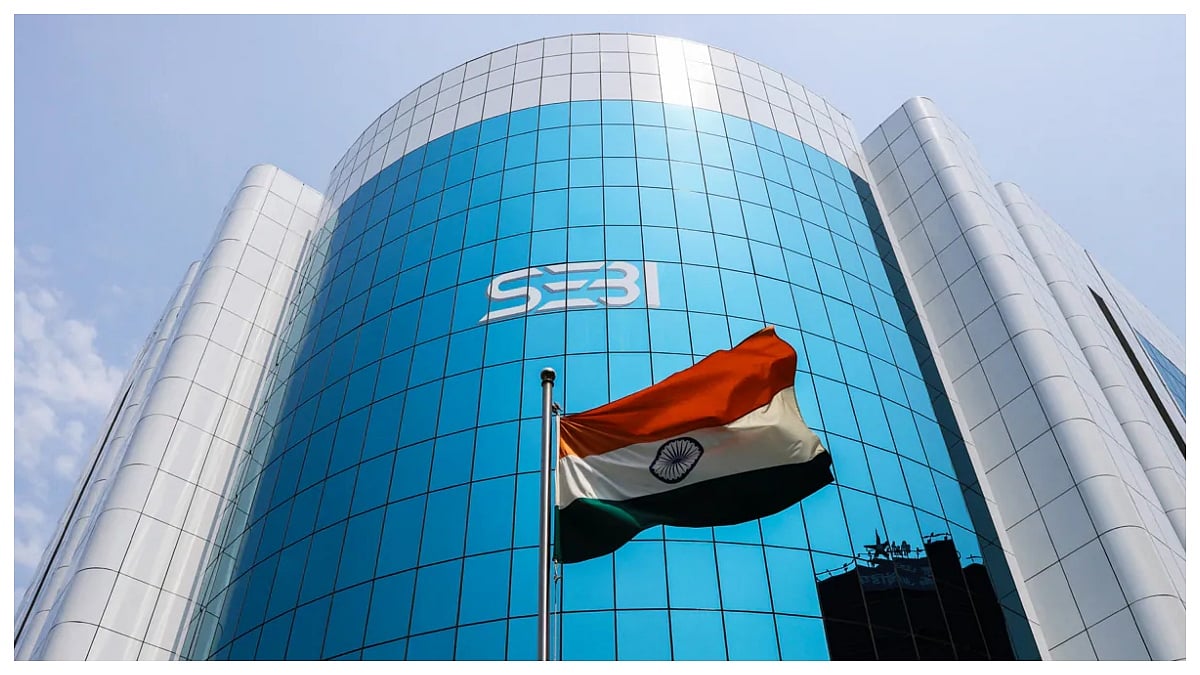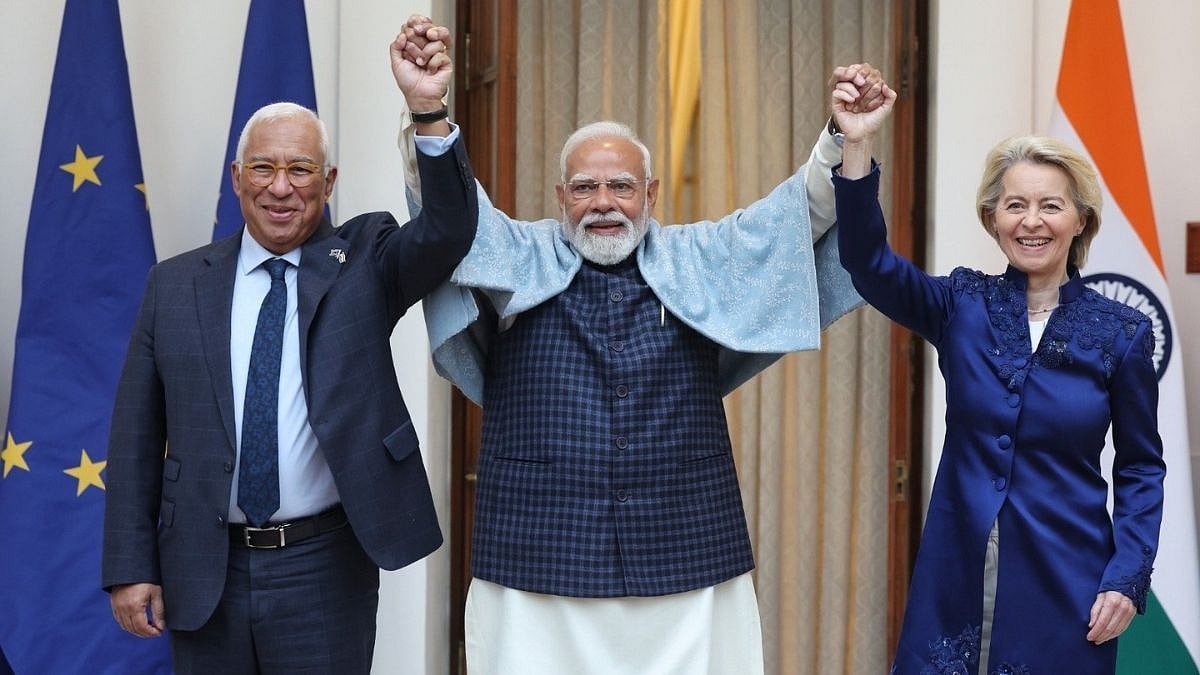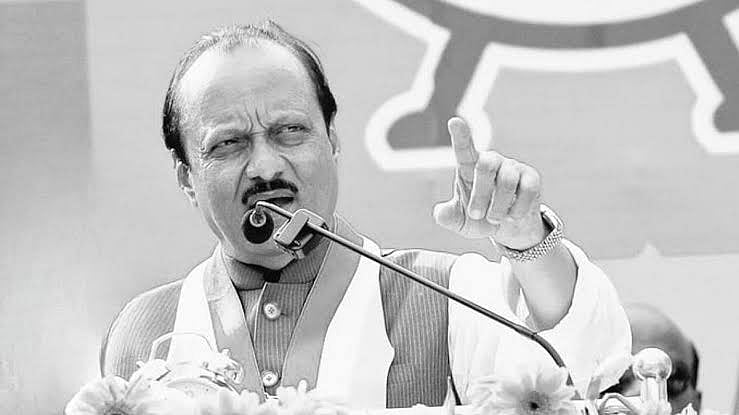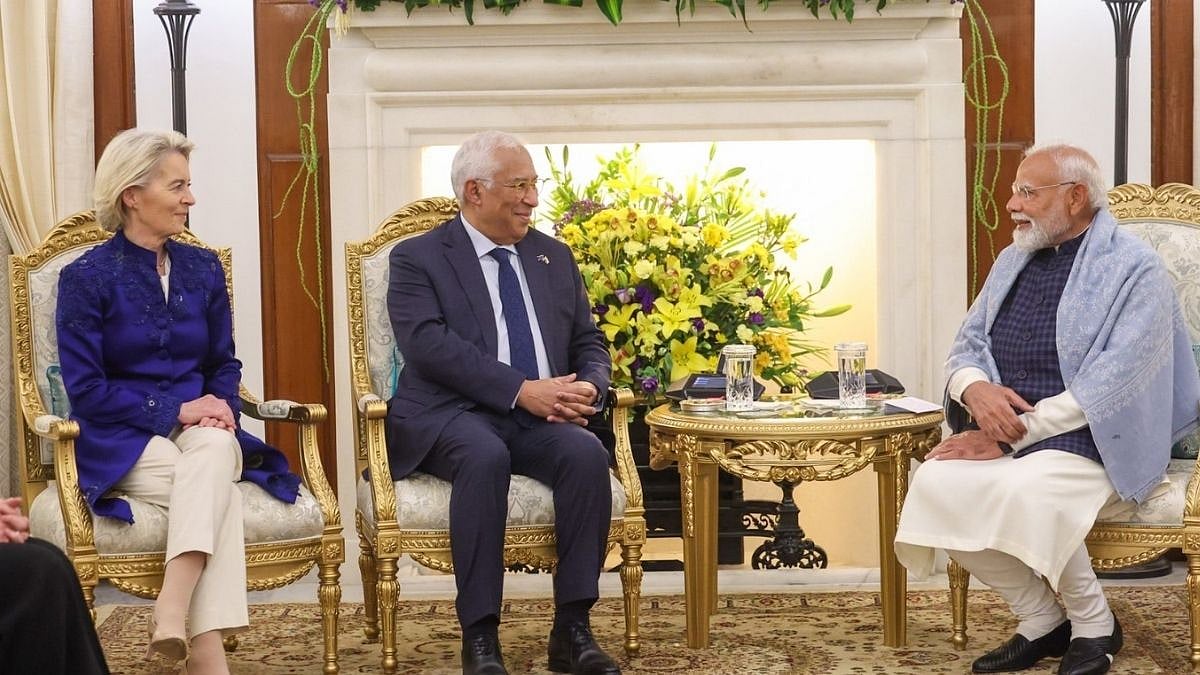The Centre’s reluctance to set up a separate authority to distribute Cauvery waters among Karnataka, Tamil Nadu, Kerala and Puducherry clearly stems from purely electoral reasons. With an eye on the coming Assembly poll in Karnataka, it failed to implement the Supreme Court order asking it to set up such an authority by March 29. It did not. That winning Karnataka is important to the BJP is undeniable. However, setting up an authority for the distribution of the Cauvery waters would certainly prove controversial, with one of the four claimant parties bound to complain of bias on the choice of personnel and/or the terms of reference.
Therefore, the Centre clearly found percentage in non-action. But last week, the court, hearing a petition filed by the Tamil Nadu Government, among others, ticked off the Centre for dawdling in the matter. The court set May 3 the new deadline by which the Centre has to furnish a draft scheme for setting up such an authority. The polling in Karnataka is scheduled for May 12. Of course, the dispute over the Cauvery waters predates the birth of the Republic. Sharing river waters has divided provinces and countries. The post-independent governments singularly failed to evolve an equitable formula for sharing river waters between the States. With the Congress ruling throughout the country for long following Independence, initially these disputes remained muted.
However, the rise of regional parties, and the diminishing control of the Centre on the States in such matters, led to an exacerbation of the disputes. For instance, the Cauvery waters dispute has engaged the top court for decades, with riots erupting periodically in Tamil Nadu or Karnataka following a court order or a central decision. Not long ago, Kannadigas took to the streets, vandalising establishments owned by the Tamils and setting alight vehicles with Tamil Nadu registration plates. Likewise, the Tamilians have taken out their ire against Kannada-owned properties. Yet, leaders with foresight and good sense who could take ownership of this dispute and resolve it to the satisfaction of all the parties concerned have been hard to find.
Even the current round of hostilities between Karnataka and Tamil Nadu has been set off by the perceived notion that Karnataka has been allocated an unfairly larger share of the waters. Even if the Centre had no role in allocating water, various political parties in Tamil Nadu have resorted to public protests against the water-sharing formula. Given the fierce competition between various political groups, and given the emotional appeal of water in a water-deficient State, even the ruling AIADMK felt obliged to join the protests. Not to miss the opportunity to exploit a popular grievance, and to firm up their nascent plans to launch their respective political careers, the Tamil cinema idols, Rajinikanth and Kamal Haasan, too have plunged into the protests. Local media, including television channels, have poured oil on the smoldering embers with an eye on attracting further following. In this backdrop, the SC warning to the Centre to submit a draft scheme by May 3 was not unexpected. The Centre has the invidious task of obeying the order on the eve of the polling for the Karnataka Assembly. It would necessarily involve some tight-rope walking.
However, regardless of the way the current eruption over the Cauvery waters is resolved, it defies logic to drag in the on-going Indian Premier League into the dispute. How forcibly preventing the holding of IPL matches in Chennai would help a wee-bit the Tamil Nadu cause is unclear. Such emotional boycotts are senseless and end up doing harm to the protesters. In this case, the local franchise, the Chennai Super Kings, a very popular side under former India captain, M S Dhoni, has come back after a forced ejection for two years due to match-fixing complaints. Countless fans, the very people who probably join the protests the most over the Cauvery dispute, should not be denied the pleasure of witnessing the matches live in Chennai. Banish the IPL tournament from Tamil Nadu by all means if it advances the State’s cause in its dispute with Karnataka. And if not, stop inflicting this wound on the cricket fans in the State. And if you must, then why not insist on an outright pull-out by the Chennai Super Kings from the IPL tournament altogether. Sometimes partisan politics must make way for common sense, shouldn’t it?


